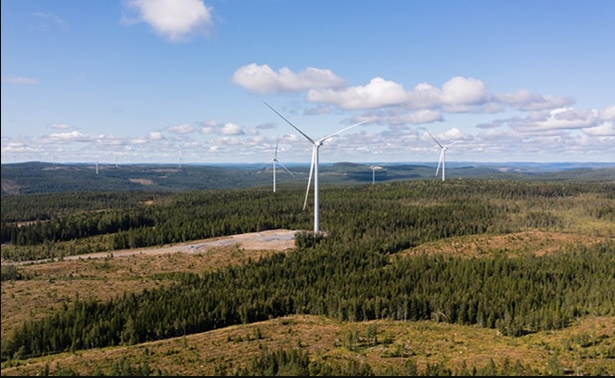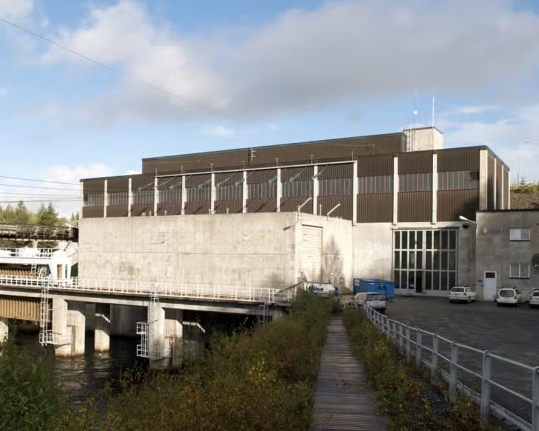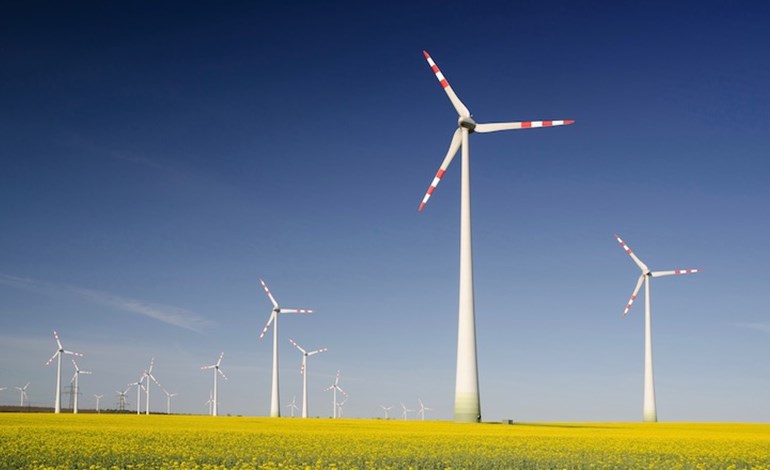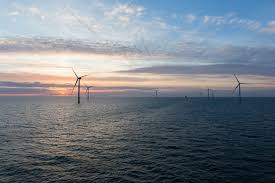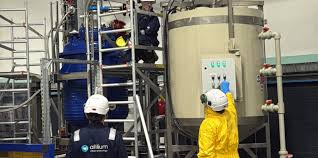
Showcasing the company’s EcoCathode process, it will be the only plant in the UK capable of producing large volumes of precursor cathode active materials (P-CAM) and cathode active materials (CAM) from recycled EV battery waste.
The 18,000 ft2 facility has the capacity to process 300kg of black mass waste (the equivalent of one EV battery) per day, enabling production of high volumes of battery materials for qualification with automotive customers.
This will include high-nickel NMC811 CAM for production of battery cells at the UK Battery Industrialization Centre (UKBIC), for validation with a leading automotive OEM.
An independent lifecycle analysis (LCA) has found that NMC532 cathode produced using Altilium’s recycled materials could be up to 74% lower in climate change impact compared to using primary mined materials from a Chinese supply chain.
The opening of the ACT 2 facility follows the successful demonstration of Altilium’s proprietary technology at its ACT 1 site in Tavistock. The EcoCathode process has been independently validated and proven in a scaled-up pilot operation, recovering more than 95% of cathode metals from waste EV batteries, in a format that can be directly reused in battery manufacturing.
Furthermore, electrochemical testing of cells produced from Altilium’s recycled CAM has shown comparable rate and cycle performance with commercially available CAM used in today’s high-nickel NMC 811 batteries.
Altilium’s process begins with black mass leaching, in which the shredded battery waste is dissolved in acid solutions to extract key metals, including lithium, nickel, cobalt, and manganese. These critical materials are then separated and purified through solvent extraction, yielding battery-grade compounds. Finally, Altilium upcycles these recovered metals into high-nickel P-CAM, which is further synthesized into CAM.
By recycling to high-value CAM, Altilium is fully closing the loop in the EV battery lifecycle, offering a complete end-to-end solution for automotive OEMs and battery manufacturers. This full battery circularity model encompasses the entire value chain, from EV battery collection, to black mass recycling and production of critical materials for supply to UK gigafactories.
According to forecasts from the Advanced Propulsion Centre, the UK will need more than 150,000 tonnes of CAM a year by 2035, for the production of approximately 1.2 million EVs annually. Altilium’s ACT 4 plant will have the capacity to produce 30,000 tonnes of CAM a year, meeting 20% of that expected demand. The plant will also enable automotive OEMs to comply with stringent new EU battery regulations. By 2036, new EV batteries in the EU must include 12% recycled lithium, 5% recycled nickel and 26% recycled cobalt.
